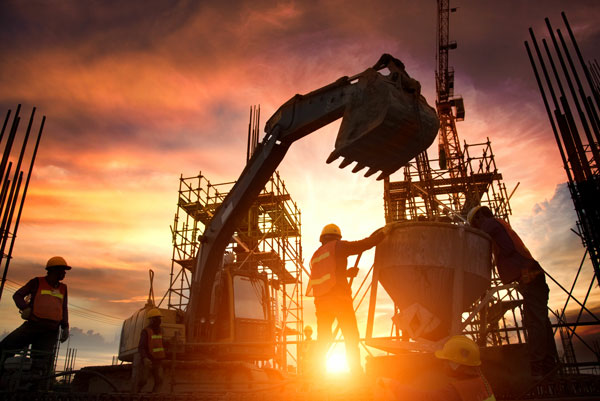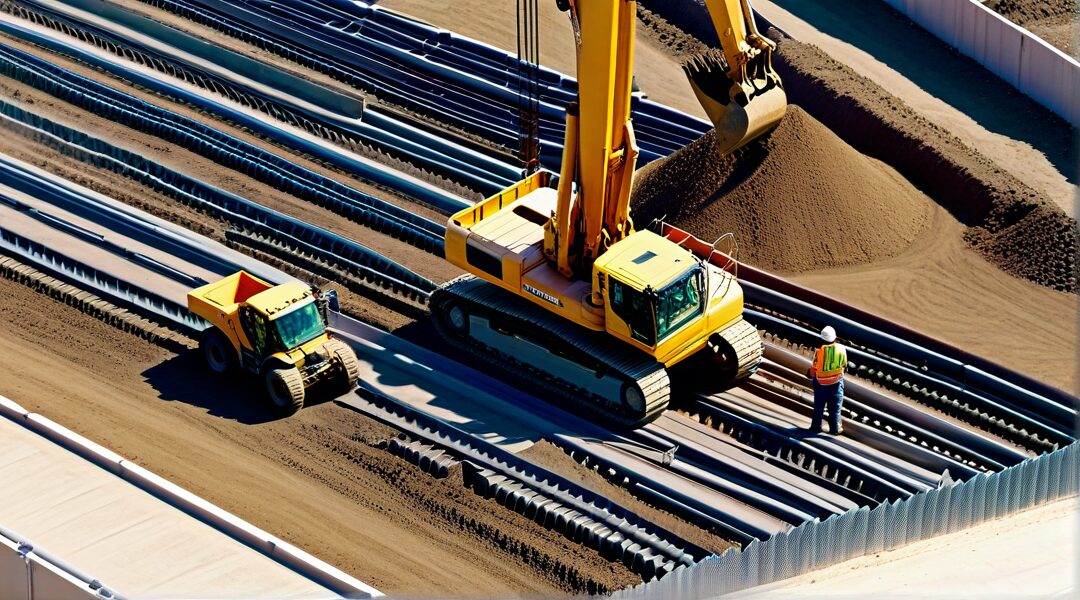Understanding the Key Differences Between Commercial and General Contractors
Discover the unique roles and responsibilities that set commercial contractors apart from general contractors in the construction industry.
Exploring Contractor Roles

In the construction world, the terms ‘commercial contractor’ and ‘general contractor’ are often used interchangeably, but they signify distinct roles with specific responsibilities. This article delves into the nuances that differentiate these two types of contractors, providing clarity for businesses and individuals looking to embark on construction projects.
Key Characteristics of Commercial Contractors
Specialized Expertise
Commercial contractors possess specialized knowledge in handling large-scale projects such as office buildings, retail spaces, and industrial facilities.
Regulatory Compliance
They ensure that all projects adhere to local, state, and federal regulations, including zoning laws, safety codes, and environmental guidelines.
Project Management
Advanced Technology
Key Characteristics of a General Contractor
Project Management
General contractors oversee the entire construction project, ensuring that everything runs smoothly from start to finish.
Coordination of Subcontractors
They are responsible for hiring and managing subcontractors, ensuring that each specialist completes their tasks on time and to the required standard.
Budget Management
General contractors handle the financial aspects of the project, including budgeting, cost estimation, and financial reporting.
Understanding Contractor Roles
A Detailed Comparison
When embarking on a construction project, it’s crucial to understand the differences between commercial contractors and general contractors. While both play pivotal roles, their responsibilities and areas of expertise differ significantly. General contractors typically handle residential projects or smaller-scale commercial projects, managing everything from project planning to execution. They coordinate with various subcontractors and ensure that the project adheres to the timeline and budget.
On the other hand, commercial contractors specialize in larger-scale commercial projects such as office buildings, retail spaces, and industrial facilities. They often have more experience with complex building codes and regulations specific to commercial properties. Additionally, commercial contractors may offer more specialized services, such as advanced project management techniques and the use of sophisticated construction technologies. Understanding these distinctions can help you choose the right professional for your specific construction needs.

